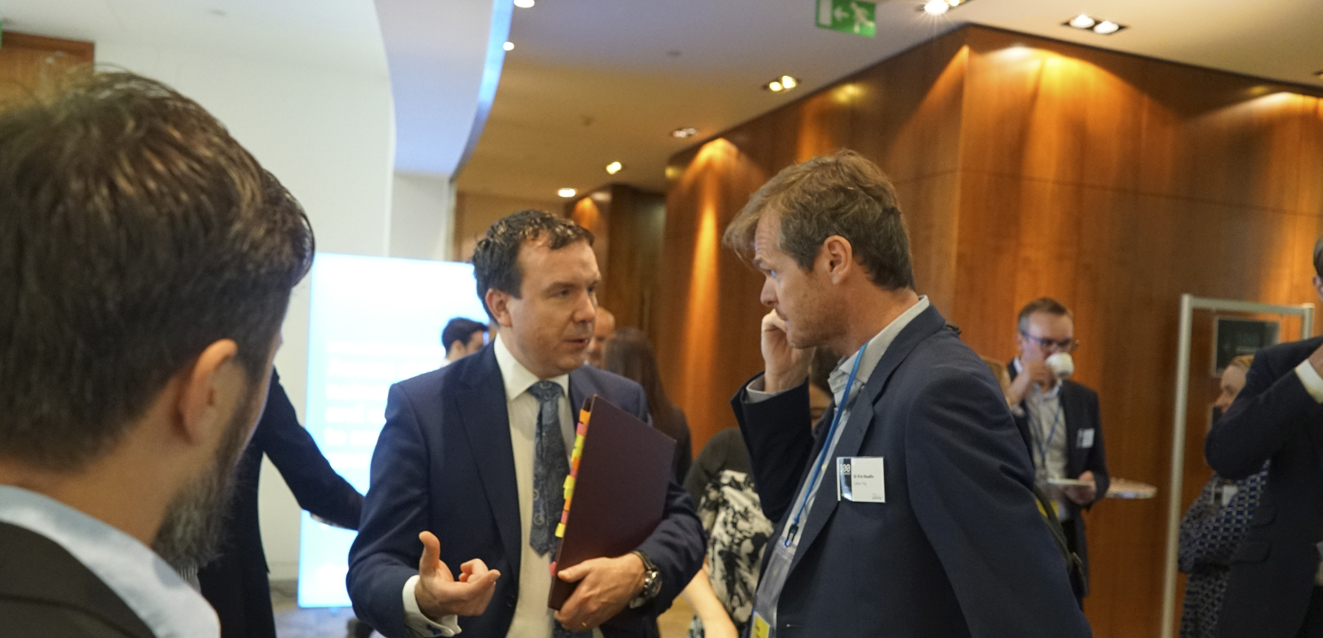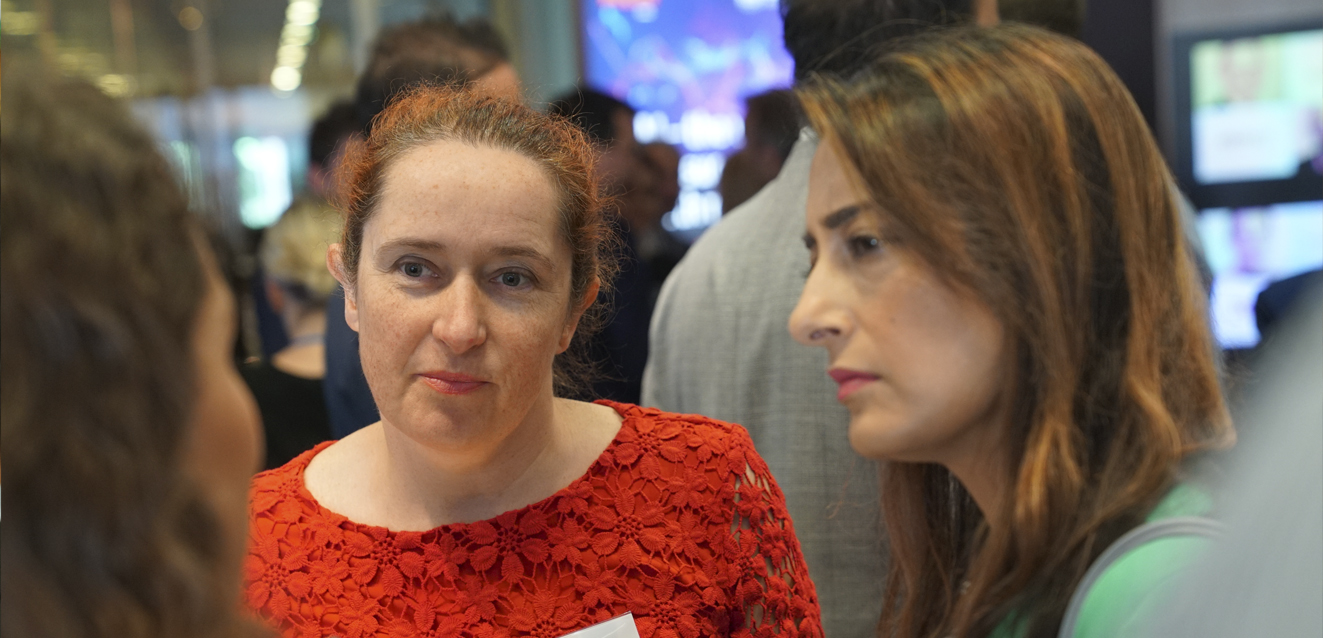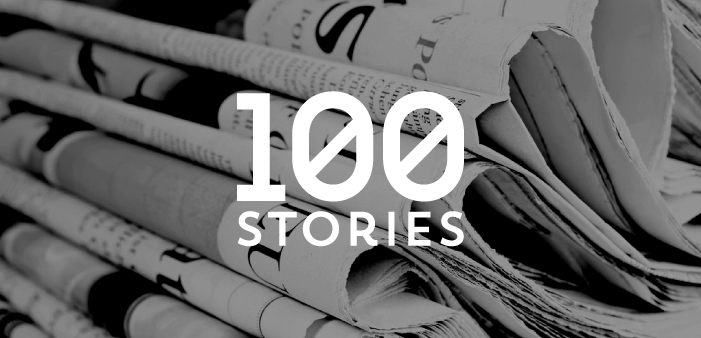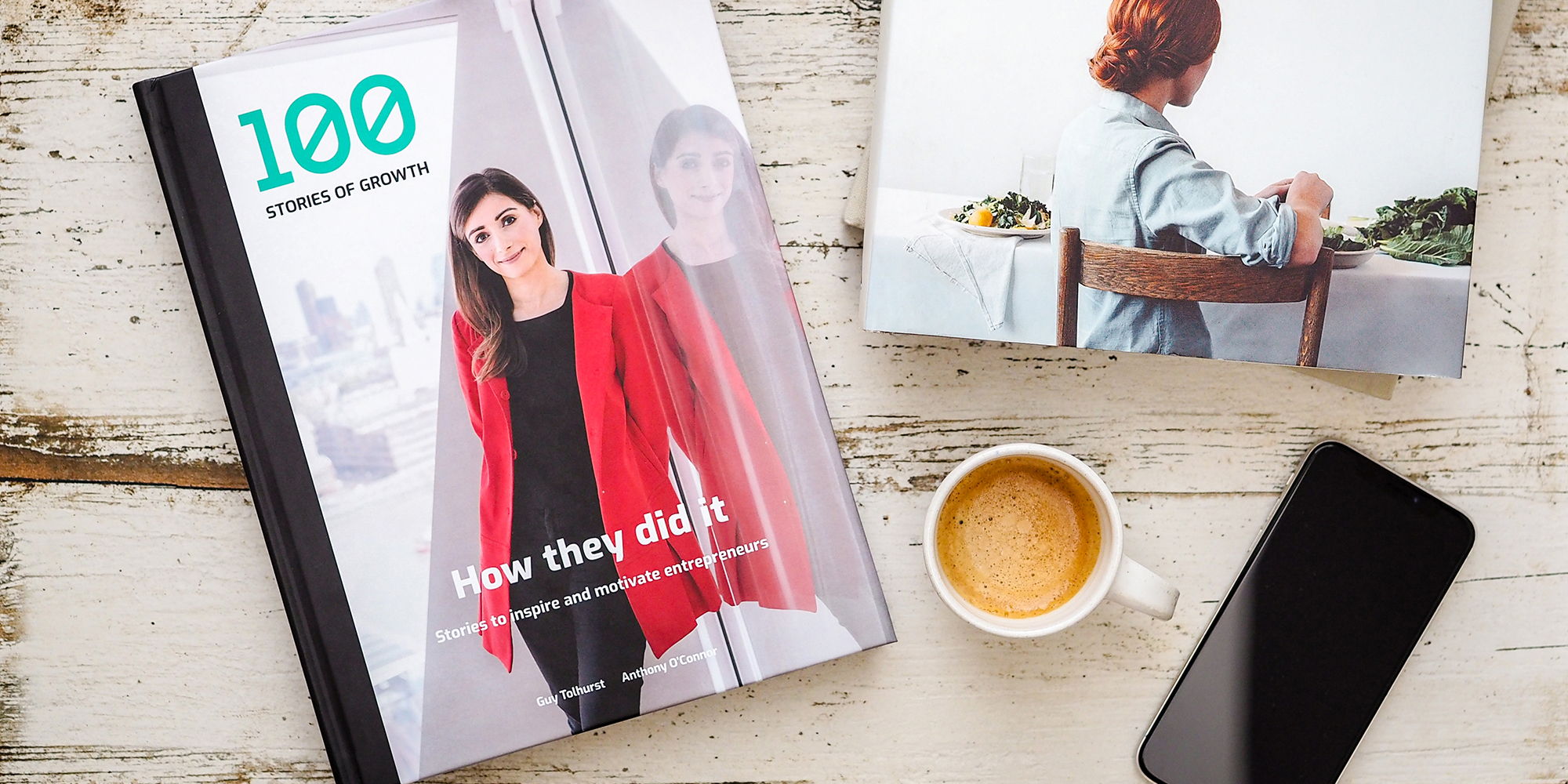100 Stories of Growth – Audience views and reactions
Before and after the 100 Stories of Growth event at the London Stock Exchange on June 6, we caught up with various company founders and business leaders in the buzzing networking sessions.
All forms of capital are top of the agenda for them. And everyone we spoke to has compelling and thought-provoking views and opinions.
In the spirit of the campaign’s inclusive approach, we believe you’ll be interested in what these companies’ leaders have to add to the capital debate.
BEFORE THE EVENT…
Nick Plummer, Founder and group CEO, K2
“Human capital is really important to us, we have a really tight executive team, and we are just a bunch of humans trying to do good things. Nothing complicated about it. The balance of personalities is key. We’ve got a good mix.
“I work in a global service business – I’m not selling a product – so the tonality and the culture of the business is everything. Give me anyone with the right attitude and I can make them succeed at K2.
“Customer service isn’t an act, it’s a behaviour. We haven’t lost a customer through poor service in 15 years, and still have 65% of our original customer base. Without the right people serving those clients, we’d be nowhere.
“I borrowed £3000 from my mum in 2002 and now we have a £30m turnover. I haven’t taken on investment as running a business is hard enough without the stress of owing people money.
“In 2002 one of the hardest things I’ve ever done is try to work with UK banks. In 2002 pretty much all the banks were only interested in investment banking M&A all the glamorous stuff. They weren’t interested in helping us. Now, they actually have a relationship with us – well with my CFO.”
Devan Sharma, CTO, YourCube
“I’m a CTO and I look after the tech side, growth and strategy. I started off at a small start-up called Red Bull, where I was employee number 19.
“Then I went into markets at Swiss Re a number of fintech start-ups. And now I run YourCube. We are a total start-up.
“There is not enough information, I mean it’s there but it’s all in pockets, and there’s no central place, it’s all siloed, it’s all competing.
“Companies all want to be the first to give you their quotes – companies need a Money Supermarket for investment.”
Chris Forbes, Founder and CEO, The Cheeky Panda
“I meet a lot of entrepreneurs, and I would call myself pretty savvy when it comes to investment, I’ve had 20 years of experience. I navigate very well among the C-suite communities and ask the right questions and they point me in the right direction. I feel very empowered. But when I look at other entrepreneurs, they get sold by a lot of middle men.
“My message to the Investment community is: there is a massive opportunity in impact investment. This is like Silicon Valley in the 1990s. I don’t see them looking hard enough. They are relying on the people they’ve always relied on for ideas. Sustainable and green companies are doing phenomenal things.”
Raishma Islam, Founder, Raishma
“It doesn’t surprise me that women are big investors in people. I think when you are running a small business you realise that each person, every single one is so important.
“Being a woman, being a mother, you are constantly multi-tasking and you expect your staff to be like that. You expect everyone to think outside the box and do more than their job role says.
“We are small but we are super-agile. For example, we realised early on that the UK retail market was really challenging so that’s why we looked to the Middle East rather than saying we need to establish ourselves in the UK first.
“Initially our investors said to us that we should establish ourselves in the UK first, don’t go international, but we were able to pivot. Then we got the Debenhams deal in the Middle East. And now we are launching childrenswear.
“My factory actually suggested it. They said they could produce really high-quality product and they gave us the idea. They were almost guiding me. But they said: we know the growth we know the area. Then Debenhams loved the idea. So we’re doing it.
“I was really fortunate in finding a mentor from Jigsaw who is really helping me grow. A small business should be always open minded as new opportunities can come from anywhere.”

AFTER THE EVENT …
Stefano Ciampolini, Co-founder and CEO, Renal Services
“I really enjoyed hearing about the emotional side of things and I identify with the panel’s thoughts, I am a solo founder and I have a board, but I’m alone.
“The whole argument about the ‘status of investment’ in America you’d get $100m – that’s a given but here in the UK it’s about slow, sustainable prudent growth, that’s what we’re doing with Renal Services.
“I feel there is a bit of casino investment going on, with low interest rates I feel they are just throwing money around almost randomly.
“This makes me more proud of how we’ve done things. It’s all about building credibility. I call it credibility capital. I don’t go in with a $100m valuation straight away, but everyone who invests made three times, five times their money and that’s what counts the most.”
Adam Blaskey, CEO & Founder, The Clubhouse
“I thought the panel was great. The combination of emotional intelligence and the discussion points around finance as a badge of honour, a status symbol, and in London it has been that for so long.
“At the end of the day anyone who’s investing is looking for a return on that investment. In the US, it’s more about the potential of a business and how far we can we go. Whereas here in the UK it’s more assessing the risks. It’s a different approach.
“The whole topic around funding was interesting, making people aware of the different options, and to underline the point that there is no rush, no matter what stage you’re at. There are options and different solutions depending on your stage.
“I really agreed with the point that ‘too much cash is dangerous’ because if you are really passionate, you’ll find a solution to make it work, you’ll find a way to make things happen.
Marco Bilello, Head of PR, Smarkets
“That was awesome – excellent diverse panel. Three things really resonated with me. Firstly, we could really relate to Culture Trip because we are in the exact same position in terms of growth. We’re no longer a start-up and now at the bottom end of the next stage, now that we’re scaling. We’re at a tipping point.
“I also thought it was really interesting what they were saying about the emotional journey in the early days. For us it was like that, there were times when the lights were about to go out and thinking ‘are we going to be here next week?’
“Secondly, I was interested in the general discussion around culture because our culture is just so important. Our flat management is key. I have no boss, we have almost complete autonomy. One of the key things that we’ve found is sometimes this can lead to ‘decision nausea’ or aversion, the effect of too much freedom. But really the effect is to declutter and strip out of all the hierarchy and makes you more agile.
“And then finally, just hearing other founders articulate themselves about the challenges they faced in their business – the emotional wellbeing of leaders and employees was fascinating – that’s a whole area of business that will be a key narrative, employee empowerment and drive, coaching mentoring, that whole role in the workplace.
“The workplace is really re-inventing itself, it’s not going to be top-down anymore – it’s all going to change and how that manifests is going to be really fascinating.”









